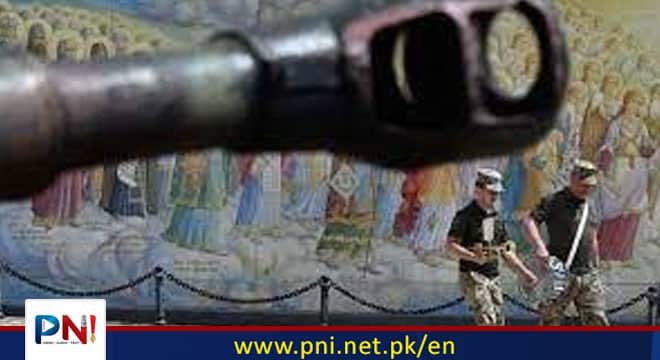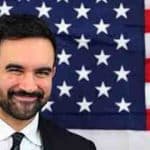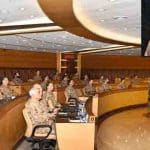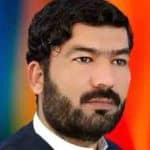Riyadh, Aug 5 (AFP/APP): Saudi Arabia is hosting talks on the Ukraine war on Saturday in the latest flexing of its diplomatic muscle, a session that Kyiv acknowledged would “not be easy” given the wide range of countries represented.
The meeting, which Ukrainian organisers had said would include representatives from nearly 40 countries but not Russia, began on Saturday afternoon in the Red Sea coastal city of Jeddah, participants said.
According to an agenda seen by AFP, the session was expected to feature three hours of statements from various delegations before a two-hour closed discussion and a dinner.
“I predict that the conversation will not be easy, but the truth is on our side,” Andriy Yermak, the head of Ukraine’s presidential office, said in an interview broadcast on Friday.
“We have many disagreements and we have heard many positions, but it is important that we share our principles,” added Yermak, who also heads Kyiv’s delegation to Jeddah.
“Our task is to unite the whole world around Ukraine.”
Russia invaded Ukraine on February 24, 2022, failing in its attempt to take the capital but seizing swathes of eastern territory that Western-backed Ukrainian troops are fighting to recapture.
Ukrainian President Volodymyr Zelensky’s office said this week that the meeting would focus on his 10-point peace formula that calls for the full withdrawal of Russian troops from Ukrainian territory.
It also calls for the restoration of Ukraine’s borders — including the territory of Crimea, annexed by Russia since 2014.
Russia has in the past said any negotiations would need to take into account “new territorial realities”.
The Jeddah meeting follows talks in Copenhagen in June that were designed to be informal and did not yield an official statement.
US National Security Adviser Jake Sullivan is leading Washington’s delegation to the Saudi city, a senior White House official said.
While Washington does not expect a major breakthrough or joint statements to come out of Saturday’s session, diplomats instead said the Ukraine-organised meetings were intended to engage a range of countries in debates about a path towards peace — notably members of the BRICS bloc with Russia that have adopted a more neutral stance on the war in contrast to Western powers.
China, which says it is a neutral party in the conflict but has been criticised by Western countries for refusing to condemn Russia, announced on Friday it would send its special representative for Eurasian affairs, Li Hui.
India and South Africa were also sending officials to Jeddah, while Brazilian media said Celso Amorim, special advisor for international affairs to President Luiz Inacio Lula da Silva, would participate via video conference.
Speaking on Friday, Zelensky welcomed the participation of developing countries which have been hit hard by the surge in food prices triggered by the war.
“This is very important, because on issues such as food security, the fate of millions of people in Africa, Asia, and other parts of the world directly depends on how fast the world moves to implement the peace formula,” he said.
The meeting highlights Saudi Arabia’s “readiness to exert its good offices to contribute to reaching a solution that will result in permanent peace”, the official Saudi Press Agency said Friday.
The world’s biggest crude exporter which works closely with Russia on oil policy, Riyadh has touted its ties to both sides and positioned itself as a possible mediator in the war.
In May, the kingdom hosted Zelensky at an Arab summit also in Jeddah, where he accused some leaders of turning “a blind eye” to the horrors of Russia’s invasion.
Riyadh has adopted a “classic balancing strategy” that could soften Russia’s response to this weekend’s summit, said Umar Karim, an expert on Saudi politics at the University of Birmingham.
Saudi officials see Saturday’s talks as evidence of its global clout and vindication of its emphasis on diversifying diplomatic partners.
“These talks are a prime example of the success of Saudi Arabia’s multipolar strategy of maintaining strong ties to Ukraine, Russia and China,” said Ali Shihabi, a Saudi analyst close to the government.
Moving forward Riyadh “wants to be in the company of an India or a Brazil, because only as a club can these middle powers hope to have impact on the world stage,” said Joost Hiltermann, Middle East programme director for the International Crisis Group.
“Whether they will be able to agree on all things, such as the Ukraine war, is a big question.”
Follow the PNI Facebook page for the latest news and updates.









